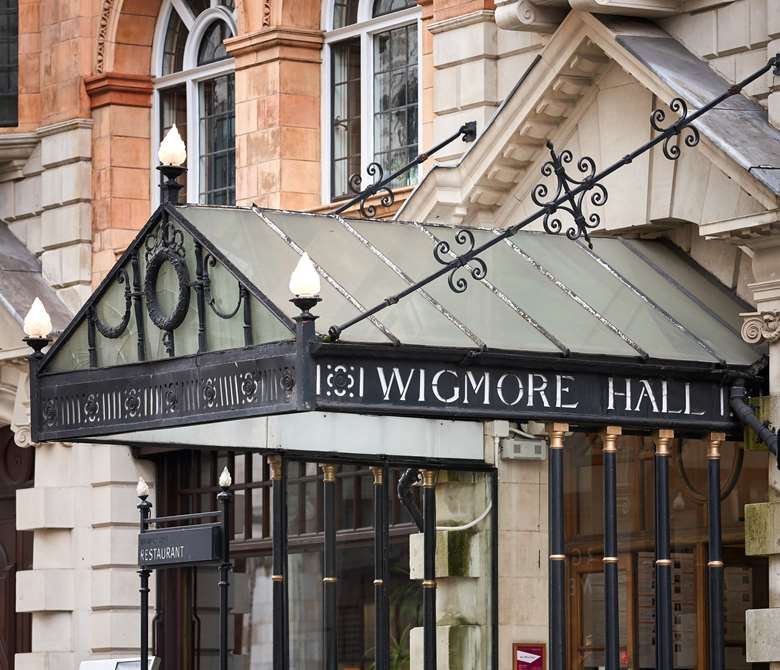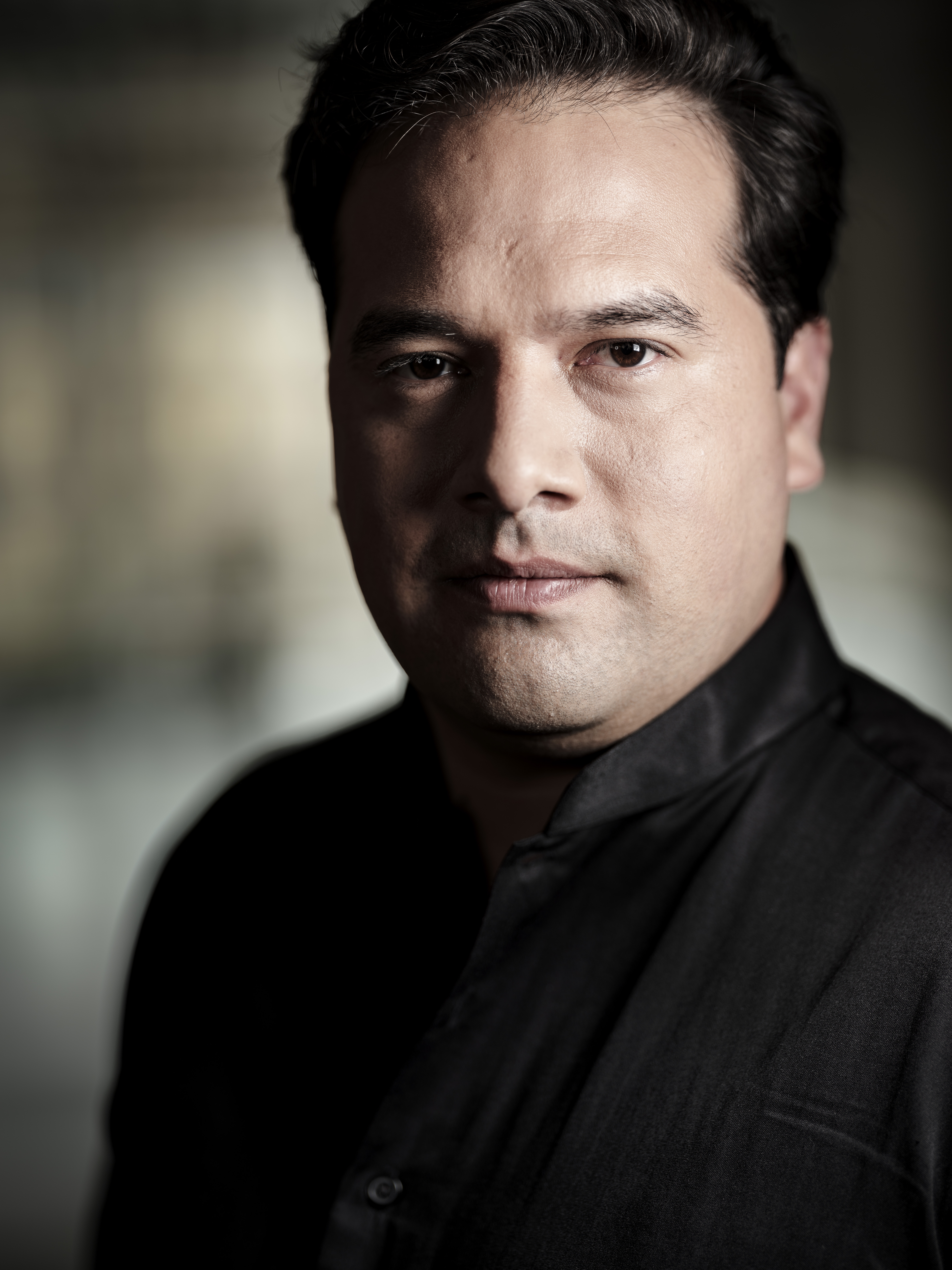The Long View | Wigmore versus Arts Council England: what now?
Florence Lockheart
Wednesday, May 7, 2025
The London concert hall’s landmark decision to decline public funding will prove pivotal, Andrew Mellor argues, as Arts Council England faces its reckoning

Wigmore Hall’s self-emancipation from financial dependence on Arts Council England from 2026 opens up a new paradigm. Here we have a tacit acknowledgment, from a major player in the UK’s classical music ecosystem, that the public subsidy of musical excellence in the country is becoming unworkable.
Announcing his venue’s decision to refuse future public money at the end of March, CEO John Gilhooly was clear enough: this isn’t just about Wigmore Hall’s good fortune in being able to attract significant private cash from along the Marylebone corridor; it’s also about the incompatibility of ACE’s many attached strings with the operational fundamentals of a concert hall dedicated to presenting the world’s best singers, instrumentalists and early musicians in concert.

"Most working on the ground in the arts of music, dance and theatre can see that ACE has drifted too far from its founding objective"
The DCMS will soon take delivery of Margaret Hodge’s review into Arts Council England. The report is ostensibly concerned with ‘reach’ but is clearly connected to recent botched decision-making at the council. It presents a chance to reset the objectives of the quango (quasi-autonomous non-governmental organisation), which has lost sight of its founding objective: the turbo-charging of excellence for the benefit of audiences of all kinds. Whatever Hodge’s review concludes, most working on the ground in the arts of music, dance and theatre can see that ACE has drifted too far from that objective and is sailing far too close to social engineering and electoral posturing.
ACE needs to change direction. The question is which direction the government (at arms-length, we hope) will set it off in. The Wigmore decision sets a worrying precedent at a time when the current incarnation of ACE would gladly divest itself of the responsibility to fund the likes of classical music and opera, which still looks like an awfully awkward thing to do politically in England. Will Hodge agree?
"ACE has a peculiarly English embarrassment at its own task: the giving of money to the most talented artists"
In reality, the Wigmore decision isn’t unprecedented. The gradual privatisation of opera since 2010 means half the companies now staging full-scale opera based in England take no public money at all. In a cash-strapped age, it would be easy for the Starmer administration to see this as an opportunity to fast-track an American funding model for the most expensive arts, whereby companies mostly get by with help from their friends.
That would suit the objectives of Arts Council England, which appears to have broadened its definition of what constitutes an arts organisation. ‘We are here for every type of music,’ ACE’s CEO Darren Henley told The Guardian in the aftermath of the Wigmore spat. Really? The Arts Council of old knew that it should only be funding excellent, non-commercial music, but ACE’s current funding parameters seem wholly different, with an apparent obsession with trend and a curious emphasis on venues that don’t actually make any art at all.
"The gradual privatisation of opera since 2010 means half the companies now staging full-scale opera based in England take no public money at all"
The reason for that, again, is ACE’s peculiarly English embarrassment at its own task: the giving of money to the most talented artists. The fear, as always, is of looking bourgeoise, bookish or out-of-touch – a notion that developed under the previous Labour administration and which this one would seem well placed to dismiss.
The Wigmore Hall decision could prove a catalyst in either direction – a reinforcement of the principle of funding culture on the basis that ‘complex cultural activity… is at the heart of what it means to be a fully developed human being and government should be concerned that so few aspire to it’ (to quote former Secretary of State Tessa Jowell’s 2004 policy document Government and the Value of Culture, which was roundly ignored) or the move towards an American model and the nudging of the likes of opera and classical music into the private funding arena. Nicholas Serota’s assertion that without public finding ‘the privileged few will be all we have left’ seems to overlook the fact that year-round opera in cities, at a high level, cannot exist at all without some sort of subsidy from the national purse.
At the very least, the Wigmore Hall’s reasoning should highlight ACE’s strategic ineptitude in Hodge’s eyes. There is an opportunity here. One functionary in Tessa Jowell’s office at the time of Government and the Value of Culture went on to bigger things: she is now Culture Secretary. Is it too much to hope that Lisa Nandy will hold to her previous boss’s idealism?



